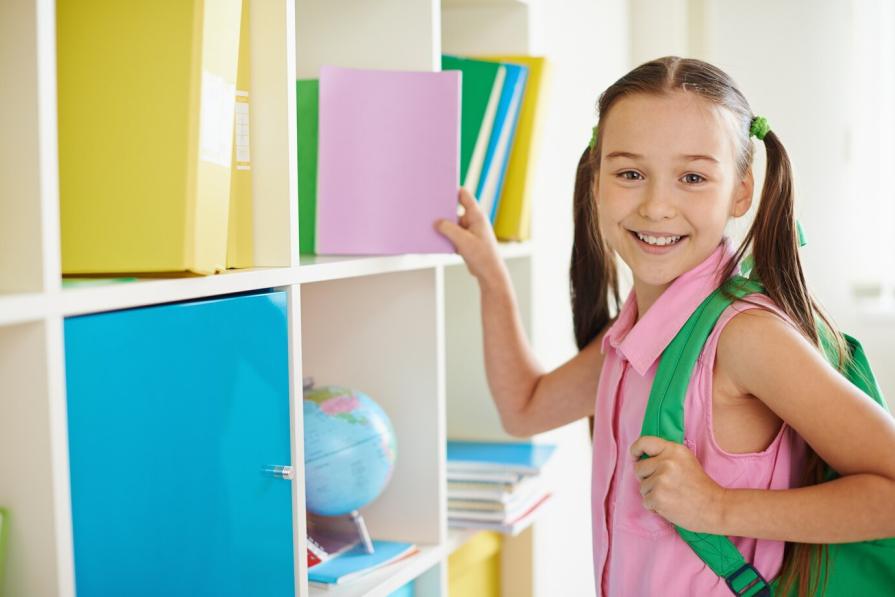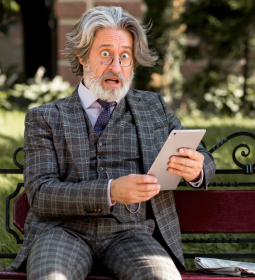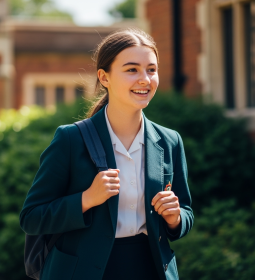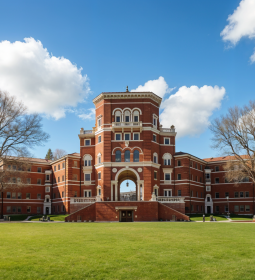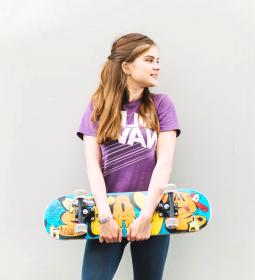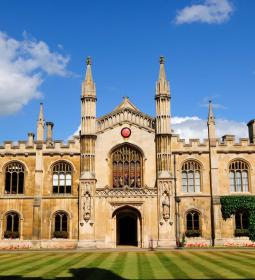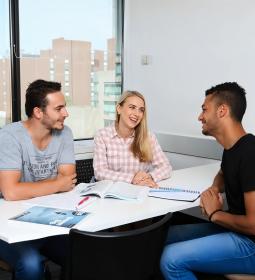Polish school education is traditionally considered one of the best in Europe. Aged gentlemen and gentlemen receive popular and prestigious training at the European level, moreover, completely free of charge. On the contrary: if parents do not send a student to school in a timely manner, they can be fined, and if they persist, even deprived of parental rights.
- Education at school in Poland is multi-stage. The first class is preparatory, or zero, otherwise Zerówka. Most often they are organized at kindergartens; Children learn to write and read here, and also gradually get used to discipline and other school rigors.
- Next comes the basic school, or Szkoła podstawowa: it lasts eight years and is divided into a primary six-year school and a secondary school (this is grades 7-8).
- Finally, then for 3 or 4 years, teenagers polish the school bench in lyceums or technical schools: here they get a working specialty or prepare to gnaw at the granite of academic science in a higher educational institution.
Usually, reading articles about life abroad and in particular about studying, people are primarily interested in higher education, the region is interested in secondary school, and there is practically nothing left for the beginning. Let's try to correct this oversight!
Students of preparatory and primary Polish schools are not very busy with assignments and classes. It is believed that the goal of the school at this stage is to form a base that will help you learn further. In the Polish primary classes, the game method of teaching is used much longer than in any other in Europe. Teachers are trying to draw children into the educational process, to do it unobtrusively - so as not to cause disgust for learning and fear of the system.

What is taught? Of course, Polish and English (other foreign languages may be added to the program later). Children also draw, learn to count and write, they are told about the structure of the world. At the same time, several subjects can be studied at once in one lesson: integration and synergy rule.
Bureaucratic: how it is recorded and how it is evaluated
Those wishing to enroll in studies should first visit the director and pass an interview. If the decision is affirmative, the next step is to get acquainted with the class teacher. Expats may be asked at this stage whether the child is able to follow the general program or if he needs to adapt.
Yes, you heard right: if a child, for example, does not speak Polish, and his English is rather weak, at first they will not impose any special requirements on him, you know, go to lessons. Well, learn Polish: either at school or with a tutor.
Such a soft, "conniving" approach gives good results - in less than 2-3 months, children learn the basics of writing and speak Polish quite briskly, gradually becoming more and more involved in the educational process.
By the way, about the requirements. Up to the 4th grade, grades are often not used at school - only on the control there is a point system. But this is not the case everywhere: there are more traditional schools where they still put down in the diary (the system here is six-point, where six is the highest score, and one is "bad").
The academic year is divided into semesters, and at the end of each, the teacher prepares a characteristic for each of his pets: what the child copes with well, what is not, what is worth paying special attention to. In general, a full report on the relationship between the student and the school.

Features of the program
In the course of primary school there is a specific discipline called "General Education" - this includes mathematics, national language and literature. It looks like this: in the lesson, students read a text, then the teacher gives tasks related to speaking, writing, and studying grammatical rules. Along the way, students try to understand the actions of the heroes and their motives, study in workbooks, honing spelling and improving handwriting. Often - once a week or two - tests are held.
Separately, there are lessons of the law of God (they are optional, instead of them you can go to secular ethics, although the influence of the church is still very strong in society, all religious national holidays are compulsorily celebrated at school). According to statistics, about 45% of the population of the Republic of Poland attend the church, but among children and adolescents this number is still smaller: 25-30%, depending on the location of the survey. The most religious are the villagers in the eastern part of the country and the inhabitants of the capital, but in the large cities of the central, western and northern parts of the country, where the proportion of the working population is large, religion enjoys less reverence. At the same time, the first communion of a child, even there, is considered one of the most important events in life.
Secular ethics lessons are designed to help the child understand himself, his feelings and emotions, understand the intricacies of human relationships, look for friends, and cope with stress. Very useful, if you think about it.
In addition, there are classes in English and an additional foreign language (mainly German, although a number of Poles learn Czech and French), art lessons (during which children sculpt, draw, make applications), dance and rhythmics.

There are also circles - both paid and free (it all depends on the municipality and the availability of funds in the local treasury). For a municipal expense or a nominal fee, junior high school students can engage in robotics and lego, astronomy and science, and various sports. There are circles where children are taught to cook or heat food for themselves, explain why they need to do it with clean hands, talk about the energy value of products and other important things.
Textbooks and workbooks are issued free of charge, but prescriptions usually need to be purchased separately.
Early birds
Schools open early: this is due to the fact that in the republic historically the working day begins early, many must be at work at seven in the morning. Accordingly, schools are open for schoolchildren at six or half past seven. Classes begin at 8:15 a.m.
What to do in these one and a half to two hours? The school has a special room, świetlica (svetlitsa, what a cute!) - it is designed just for such a case. Schoolchildren can play, relax or spend time with board games and books before classes: a teacher looks after them. Many even stay here after classes to do homework, play or relax.

